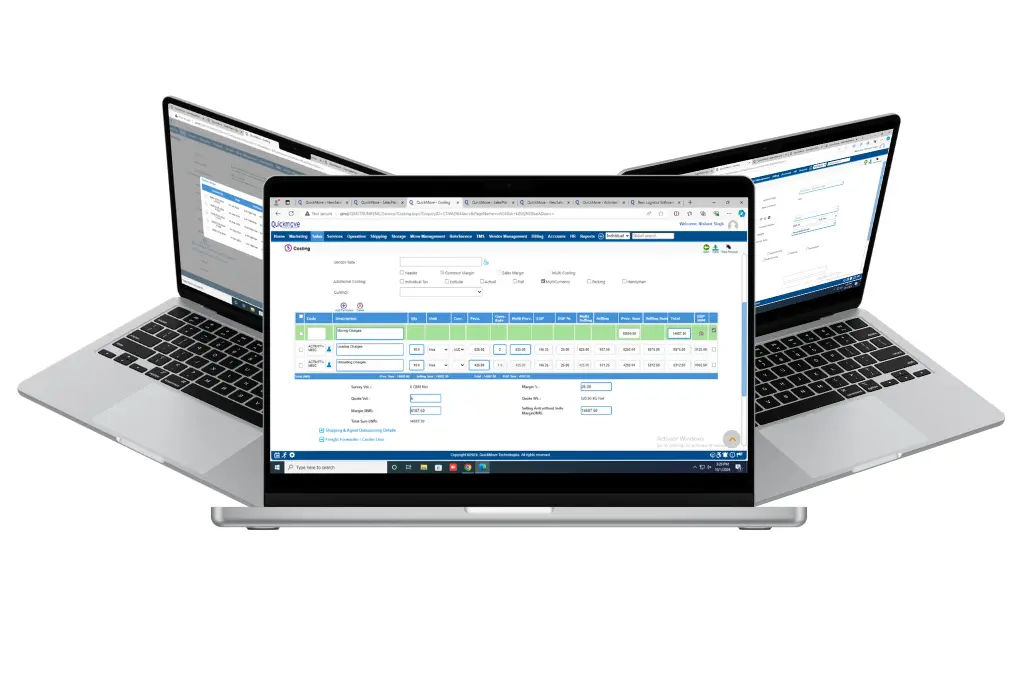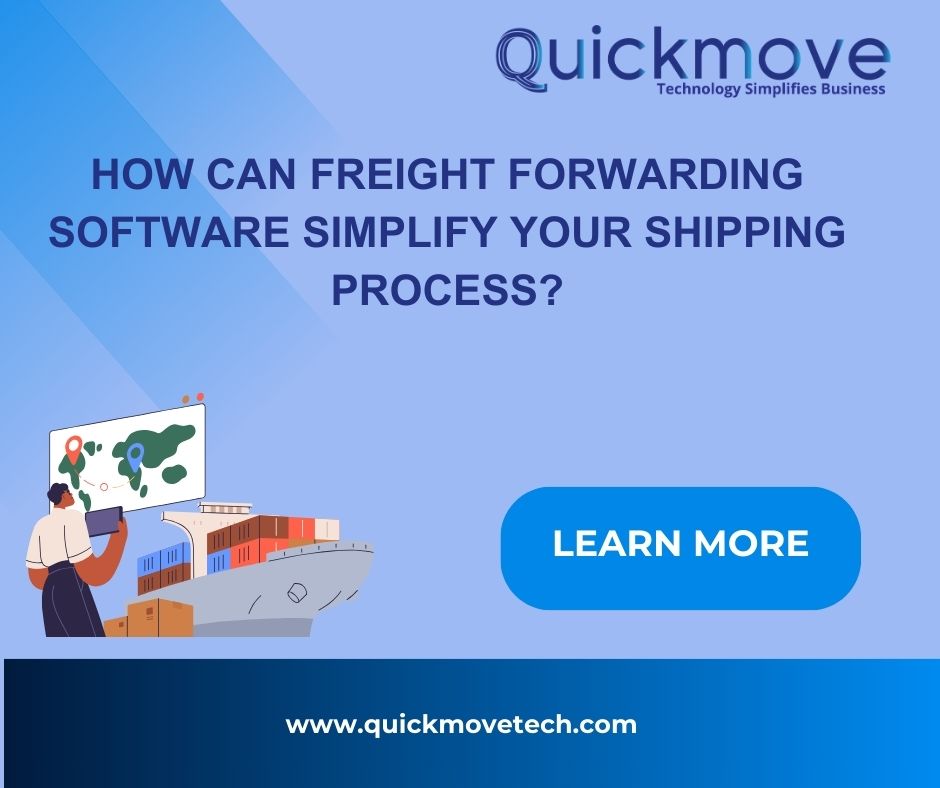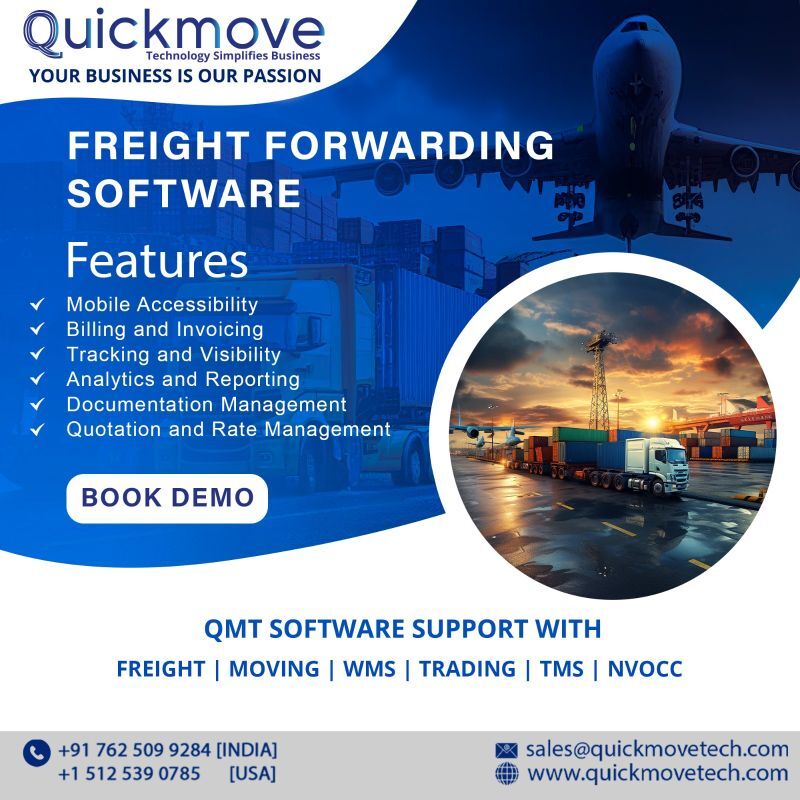Overview
Freight forwarding software enhances logistics functions, making your business more efficient and profitable. It is essential for companies of all sizes within the logistics industry. As technology advances, freight management software becomes increasingly important, offering numerous benefits over traditional manual processes.
Advantages Over Manual Freight Management
- Reduces freight expenses and costs
- Minimizes errors
- Improves service levels and customer impressions
- Enables real-time shipment monitoring
- Facilitates easier shipment communication and reporting
- Increases visibility into transport functions
Unique Features of Freight Management Software
Freight management software offers several key features that drive business growth and efficiency:
- Reducing Costs and Freight Expenses: Helps avoid unnecessary expenses and contributes to business growth.
- Improves Customer Satisfaction: Allows customers to track deliveries and receive timely updates.
- Saves Time and Supports Business Growth: Streamlines operations, freeing up employee time for other tasks.
- Real-Time Deliveries: Provides GPS tracking and accurate delivery details, boosting productivity.
- New Delivery Capabilities: Offers innovative solutions for shipment and cost reduction.
Importance of Logistics Software
Logistics software plays a crucial role in modernizing transportation, inventory management, warehousing, material handling, and packaging. It enhances operational efficiency, reduces time and risks, and supports growth in the logistics industry. Transitioning from manual processes to logistics software provides numerous benefits, including improved speed, accuracy, and customer satisfaction.
Freight Management Software Solutions
Freight management software solutions are designed to optimize logistics operations, automate processes, and enhance overall efficiency. These solutions help businesses scale up by reducing dependency on manual tasks and enabling better management of critical activities. Key features include:
- Customer Relationship Management (CRM): Tailor-made for freight forwarding businesses, supporting sales tracking and quote management.
- Enterprise Resource Planning (ERP): Covers all aspects of freight forwarding, including inland logistics, agent services, and shipment instructions.
- Billing, Accounting & Vendor Management: Includes budgeting, audit trails, multi-currency support, and compliance with various regulations.
- HR & Payroll: Organizes and supports team management.
- Customer Service Portal: Enhances end-customer satisfaction and supports business acquisition.
 Email Us
Email Us

 Freight Forwarding Software
Freight Forwarding Software Moving/Removal Software
Moving/Removal Software Warehouse Management System
Warehouse Management System Transport Management System
Transport Management System Customer Service Portal
Customer Service Portal Move Survey Quote Pro
Move Survey Quote Pro Digital Logistics Inventory App
Digital Logistics Inventory App

